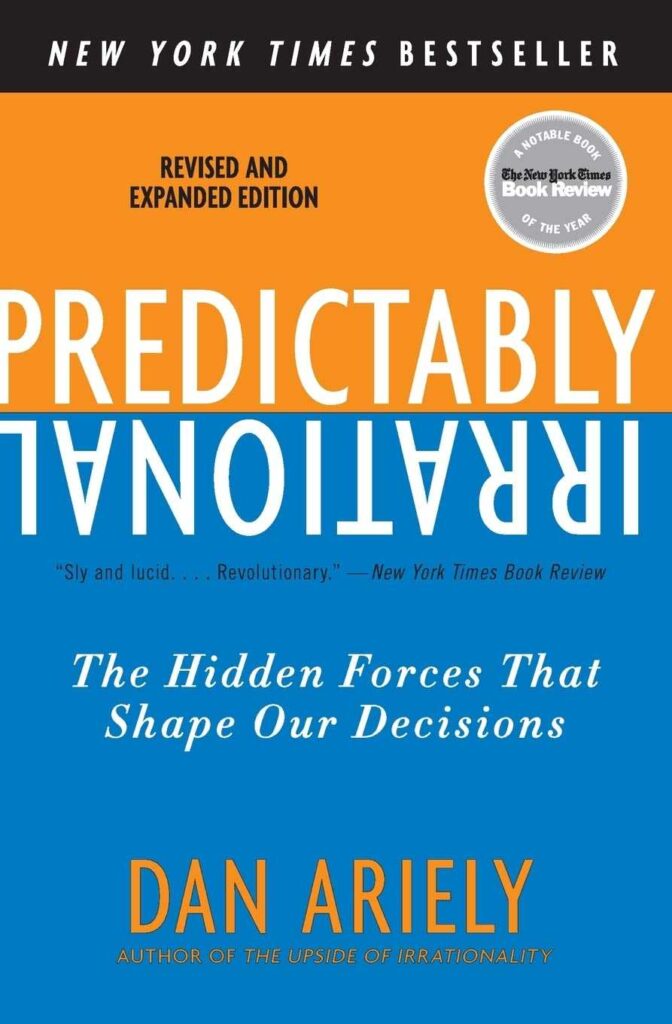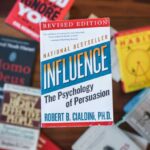Economics tells us that people make rational decisions when they have all the information in front of them. But let’s be real—if you’ve ever seen someone spend $6 on a latte at Starbucks instead of saving for retirement, you know that’s not always how the world works. That’s where behavioral economics comes into play. It takes the cold, calculated assumptions of traditional economics and adds a much-needed layer of human psychology. And if you’re a small business owner, this could be the edge you didn’t know you needed.
Traditional economics assumes people are logical. As Dan Ariely says, behavioral economics is all about how we’re all predictably irrational—and that’s not necessarily bad. By understanding a few of the ways people are hardwired to think and react, you can craft your marketing and sales strategies to better connect with your customers. The result? More engagement, more sales, and higher profit margins.
What Is Behavioral Economics, Exactly?
Behavioral economics is the study of how psychological, emotional, and cultural factors affect decision-making. While traditional economics paints a picture of consumers as calculators, behavioral economics sees them more like humans, which is what they are.
Behavioral economics explains why people:
- Overpay for something because it’s labeled “limited edition.”
- Choose the “middle” pricing option, even if it’s not the best deal.
- Feel more committed to something after investing just a little bit of time or money (even if it’s a bad idea)
And here’s the kicker: These responses are predictable. That means you can build them into your business strategy.
Why This Matters to Small Business Owners
When you’re running a small business, every customer interaction counts. You don’t have the luxury of burning through massive ad budgets or doing massive A/B testing like big corporations. But behavioral economics lets you work smarter, not harder.
By understanding just a few key principles, you can:
- Write better product descriptions
- Price your products more strategically
- Create offers that feel irresistible
- Guide customers to take the actions you want them to take
Are you designing your marketing based on how people should act—or how they actually behave?
To dive deeper into behavioral economics, check out resources like Nudge by Richard Thaler and Cass Sunstein and Predictably Irrational by Dan Ariely.
What parts of your current marketing or sales strategy could be improved by better understanding how your customers really think?












